You already know about the plethora of beneficial insects that can help rid your garden of pests, but did you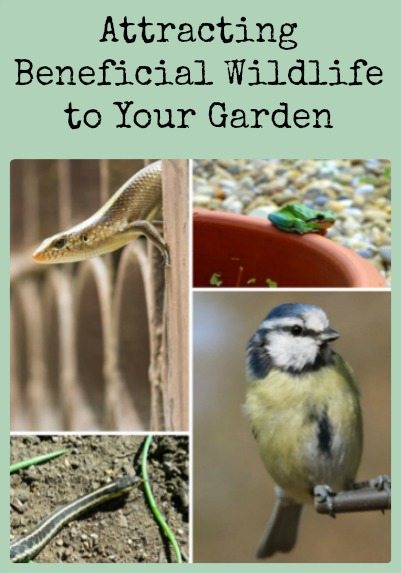
Birds
You’ll want to offer two types of shelter to attract birds to your garden — plants and birdhouses. Plantwise, shrubs, trees, and climbers will all work splendidly to give your little winged friends a place to hide. As for birdhouses, different birds have different housing needs — do your research to find the type of lodging that your favorite species prefers. Some will even build nests in your hanging baskets!
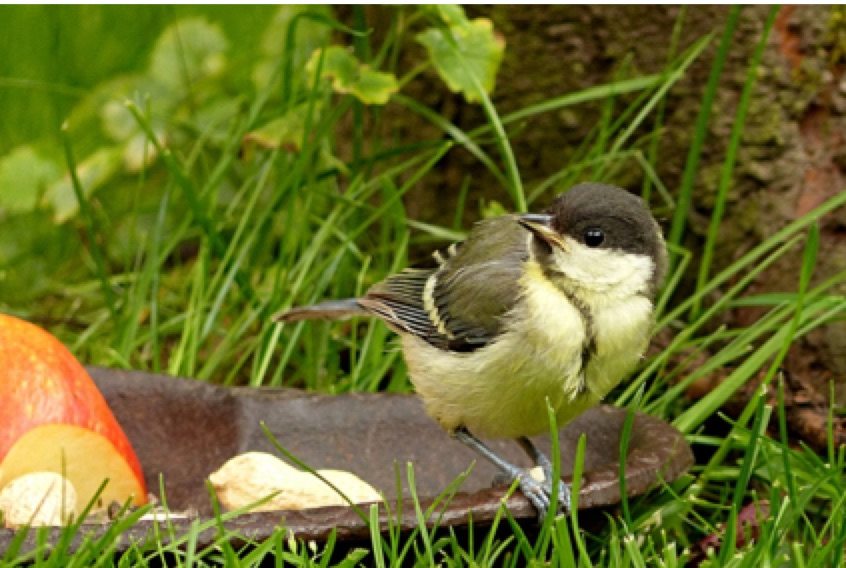
Birds will need more than just insects to feed on. Offer a range of plants, such as asters, cornflowers, fuchsia, moss rose, and zinnias, as well as a bird feeder stocked with good quality seed. Just be sure to cover your berries and tomatoes to keep the birds from feasting on them as well.
Finally, add a little water to your yard in the form of a sloping bath. Add a few flat stones to the dish so different species can get in and out easily.
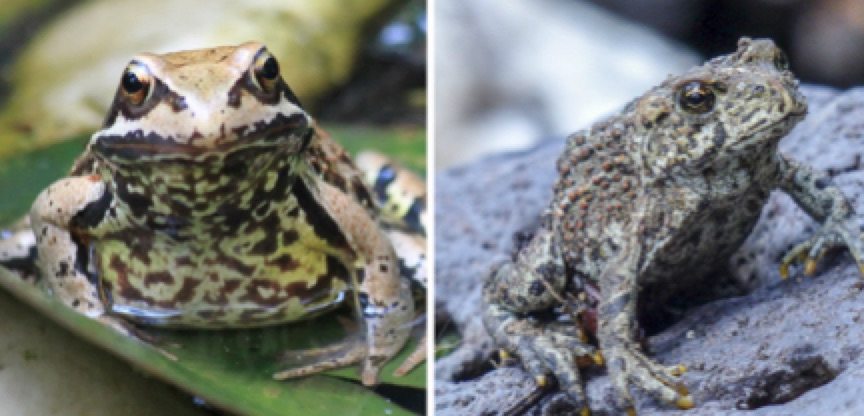
Frogs & Toads
A well cared for pond will provide a suitable environment for frogs and toads. Frogs and toads prefer still water, so you won’t need pumps, aeration, waterfalls, or fountains. When placing your pond, remember that tadpoles will need shade to keep the water from getting too hot, plants for cover, and algae for food.
When they’re not hanging out near the water, frogs and toads will need a cool, sheltered space to hide. Turn a ceramic flowerpot onto its side and partially bury it in the soil. Place the “toad abode” near your pond in a shady spot, under the cover of shrubs or other plants.
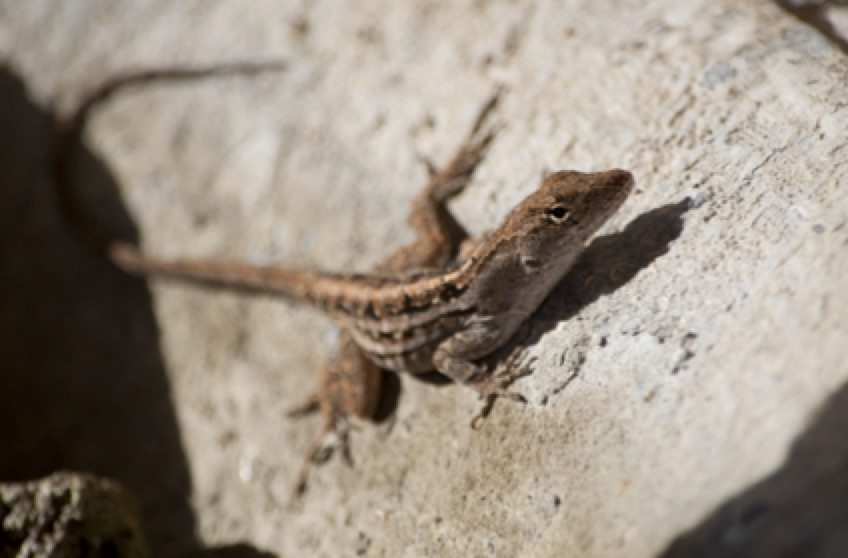
Lizards
When designing a lizard habitat, create spaces that are both vertical and horizontal, as lizards like to move up and down throughout their environment. Rocks, tree trunks, terra cotta pottery, stone walls, and wood piles are all great additions to your garden as they allow lizard to bask in the sun and shelter from predators.
A lizard habitat should be self contained. Lizards do not tolerate regular disturbance to their environment, so you’ll need to provide a spot that is somewhat wild and isolated. If you let them be, they’ll feel comfortable enough to lay eggs and populate your garden. They’ll need a water source, but luckily it doesn’t have to be anything complicated — a small terracotta dish will work well.
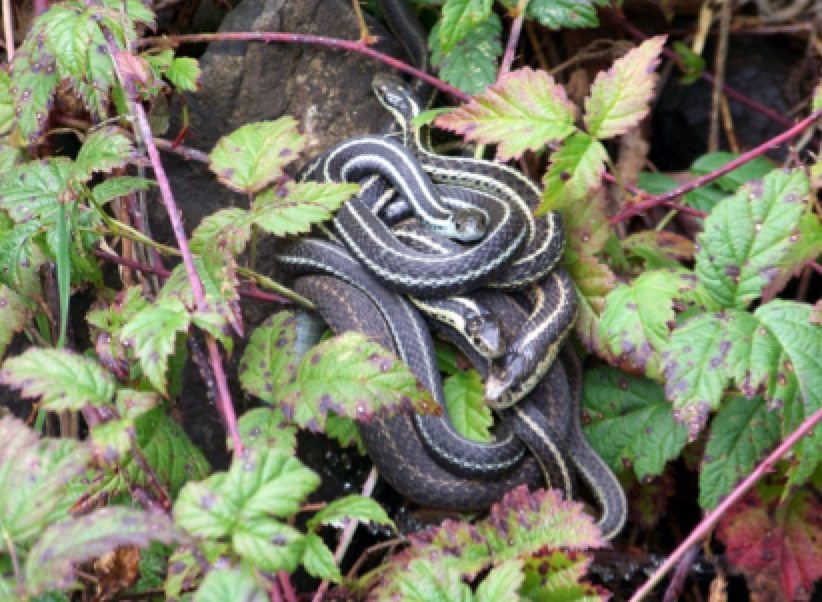
Snakes
Garter snakes — which are harmless to humans — are a gardener’s best friend. Their broad diet effectively keeps destructive pests out of your garden all season long. They eat everything from slugs to rodents!
First and foremost, snakes need a place to hide from hawks, crows, raccoons and mink. An old piece of plywood, corrugated metal, or carpet placed in a sunny spot will do the trick. Snakes, will also need a source of fresh water. Ground level birdbaths, shallow fountains, or ponds will all work.
No matter what beneficial wildlife you wish to attract to your garden, it’s important to refrain from the use of insecticides, chemical fertilizers, and herbicides. Birds, frogs, toads, lizards, and snakes are all sensitive to chemicals in their environment, and can suffer great harm when encountering them. Use natural pest control and organic fertilizers and herbicides in order to keep your new friends safe and working to your benefit.

Chelsea says
I loved your post on creating habitat. I recently saw a lecture by an entomologist from Ohio State who was doing amazing work on protecting insect habitat in our own backyard. She has this great write-up of best trees/shrubs/clumping grasses to plant. http://ohioline.osu.edu/factsheet/ENT-47
Happy gardening!
Lesa says
Hi Chelsea,
Yes, I know Denise and she is doing great work on promoting habitat, particularly for the pollinators! Thanks for adding the link 🙂